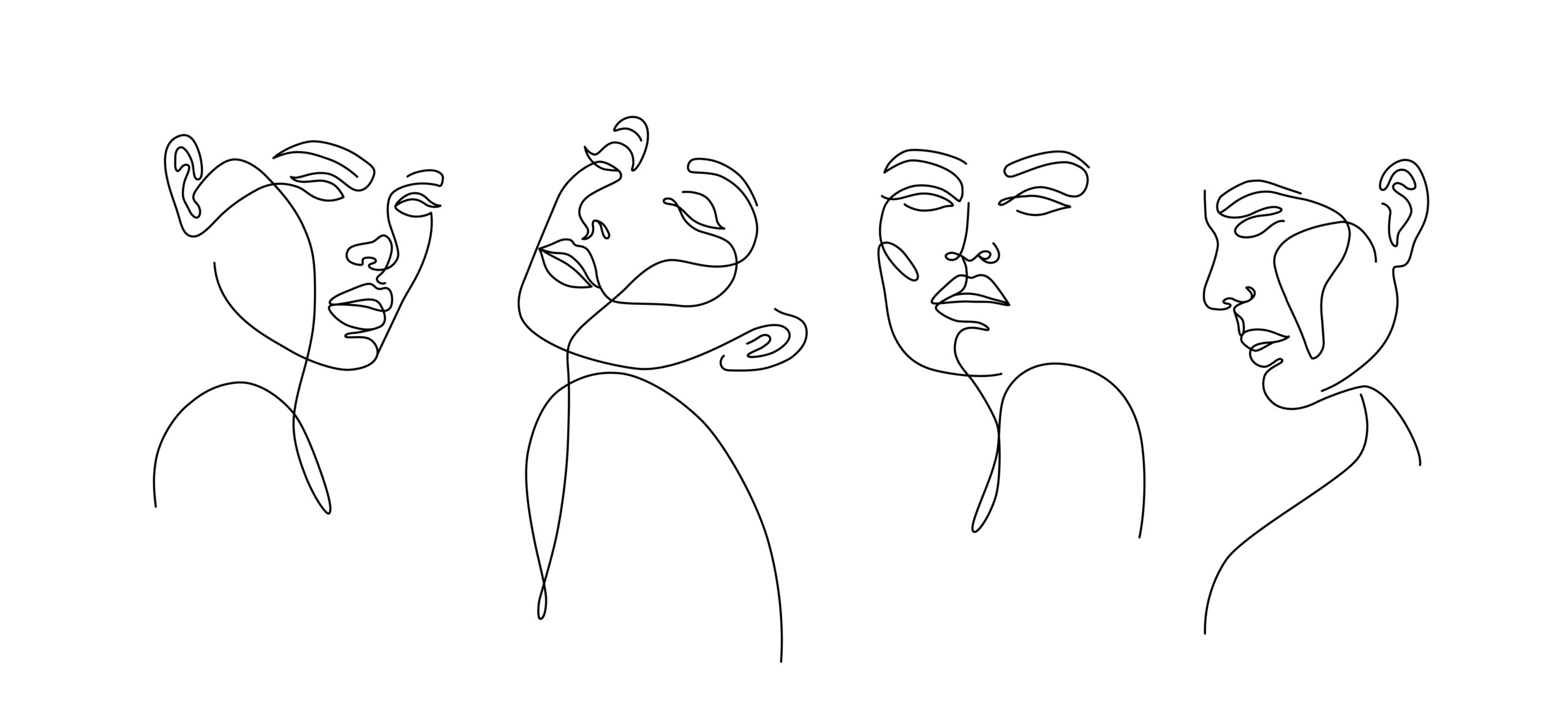What Science Missed About Aging Gracefully
Aging is a natural process that affects everyone, but it’s not always as straightforward as it seems. While we often think of aging as a gradual decline, recent research suggests that there are specific times in life when aging accelerates dramatically. These periods, typically around the mid-40s and early 60s, are marked by significant molecular changes that can impact how we age.
For a long time, science has focused on understanding the gradual aspects of aging, such as the loss of collagen and elastin in the skin, which leads to wrinkles and less elasticity. Muscle atrophy, or sarcopenia, is another common issue, where muscle mass and strength decrease, affecting mobility and increasing the risk of falls. However, these changes are not uniform and can vary greatly from person to person due to genetic, lifestyle, and environmental factors.
One of the overlooked aspects of aging is how it affects different people in different ways. While some theories suggest that aging is programmed into our genes, others propose that it’s the result of damage from free radicals. Both theories highlight the complexity of aging and suggest that it’s not just about gradual decline but also about how our bodies respond to internal and external stressors.
Understanding these dynamics is crucial for developing strategies to age more gracefully. This involves not just addressing the physical changes but also considering the psychological and social aspects of aging. By recognizing that aging is not a one-size-fits-all process, we can tailor approaches to individual needs, focusing on maintaining health and quality of life as we grow older.
The idea of aging gracefully is often associated with maintaining physical health, but it’s equally important to consider mental well-being and social connections. As society continues to grapple with the implications of an aging population, ongoing research into the physiological and psychological aspects of aging is vital for enhancing health outcomes and longevity. By embracing a more holistic view of aging, we can work towards creating environments and lifestyles that support graceful aging for everyone.





